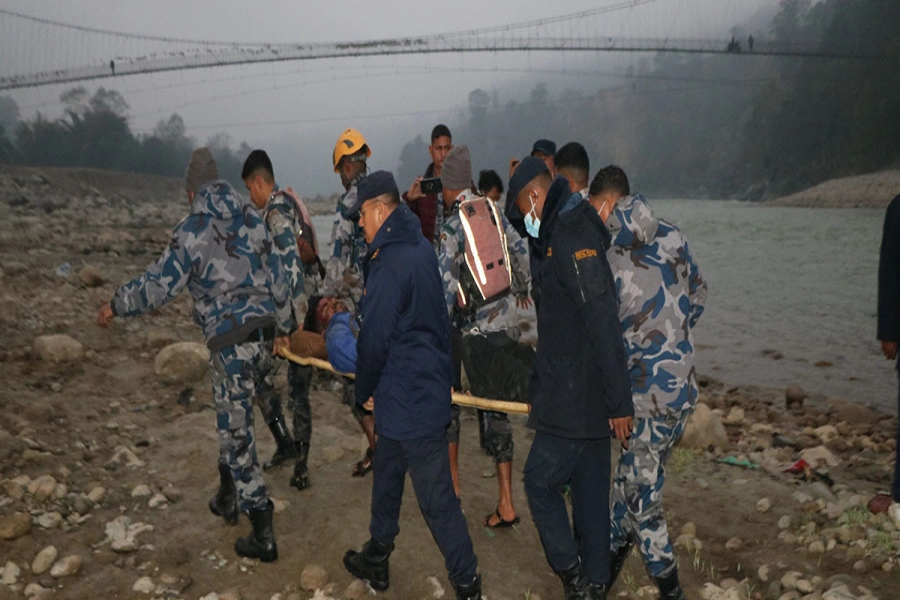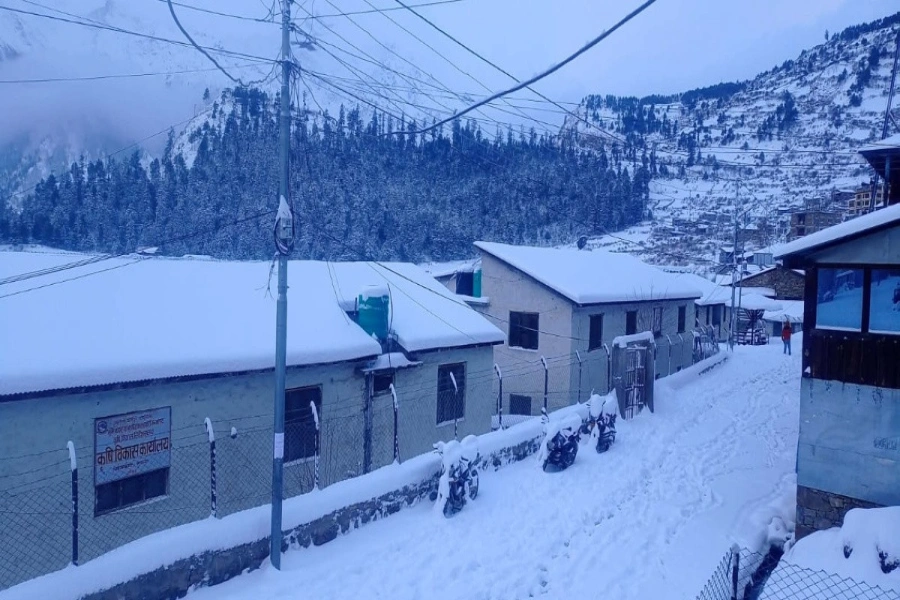In a landmark development, the Nepal Rastra Bank (NRB) has adopted a more flexible approach, allowing individuals to use Quick Response (QR) codes for transactions with India. This decision, which amends the unified circular issued by the Foreign Exchange Management Department of the NRB, is a significant stride toward streamlining financial interactions between Nepal and India. The bilateral agreement for a digital payment system, signed during Prime Minister Puspa Kamal Dahal’s visit to India in June 2023, laid the groundwork for this transformative step. The NRB's current policy update builds on this foundation, promising to boost economic interaction, ease the process of cross-border trade and enhance financial inclusion. The introduction of QR codes and related payment tools via the Retail Payment Switch is a forward-thinking initiative. It aligns with global trends where digital payments are not just convenient but also secure and efficient. For Nepali entrepreneurs and Indian visitors, this development simplifies the process of conducting business and personal transactions.
Far from progressive

One of the critical aspects of this development is its potential to curb illegal transactions based on the traditional Hundi system. Hundi, often used for informal money transfers between Nepal and India, has long been a conduit for unregulated and sometimes illicit financial flows. By integrating secure and traceable digital payment methods, the NRB is taking a firm stand against such practices, ensuring that cross-border transactions are not only legal but also transparent. The NRB's directive to payment service providers (PSPs) to use the Retail Payment Switch until the national payment switch is fully operational is a pragmatic interim solution. It ensures that there is no delay in reaping the benefits of this policy change. The rigorous requirements for PSPs, including signing a memorandum of understanding with foreign companies only after NRB's approval and adhering to stringent cyber security and anti-money laundering protocols, is a step in the positive direction to maintain the integrity of the financial system.
Additionally, the provision for defective transactions to be settled on a T+30 days basis ensures that both issuers and acquirers are held accountable, thus safeguarding the interests of all parties involved. This measure is crucial in building trust and reliability in the new payment system. The allowance for companies without licenses to transact in foreign currencies to receive money from abroad using PSP accounts and wallets ensures that smaller businesses and individual entrepreneurs can participate in cross-border trade without the complexities of foreign currency handling. Furthermore, the facility for Nepali commercial and national level development bank clients to use QR codes for exchanging Indian currency, specifically for payments in India and Bhutan, is the practical and user-friendly approach of this policy. The NRB's flexible stance on cross-border transactions using QR codes is a progressive development. It not only mitigates the hardships associated with traditional transaction methods but also strengthens regulatory oversight to prevent illegal financial activities. This initiative marks a significant leap toward a transparent and efficient financial ecosystem that benefits both Nepali and Indian stakeholders.






































